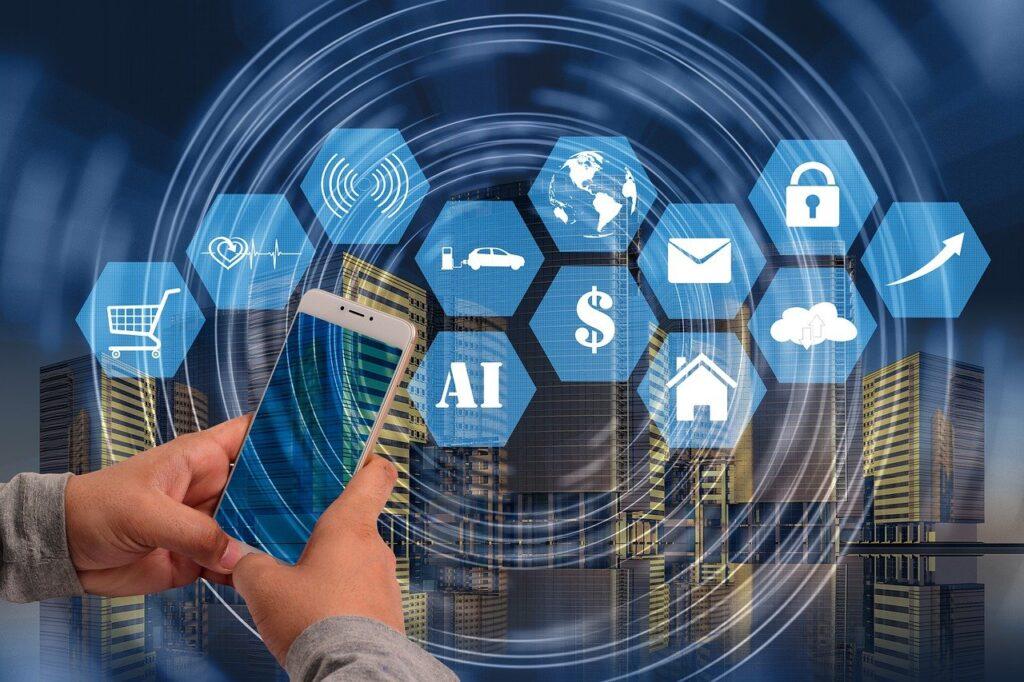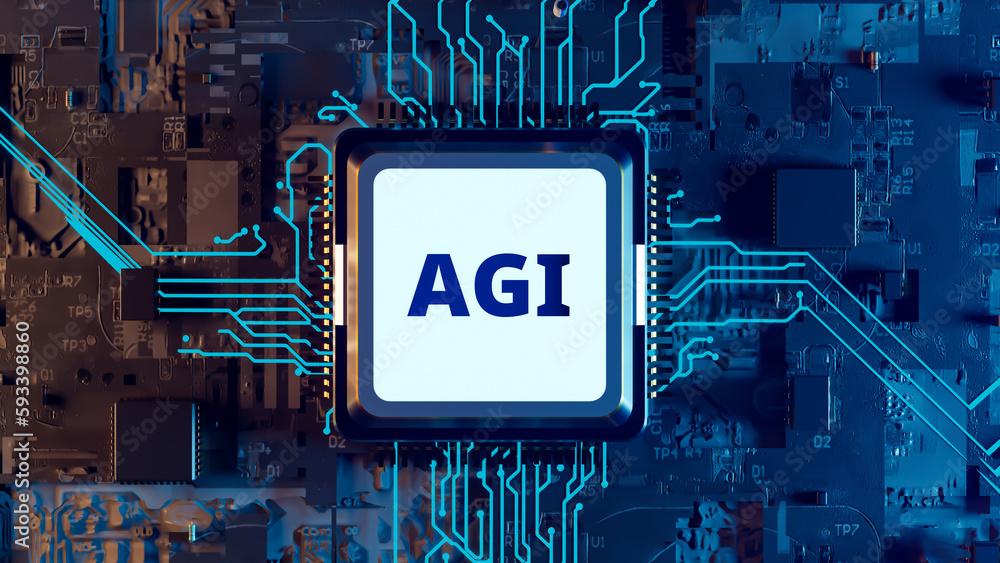
The development of AGI (Artificial General Intelligence) and AI (Artificial Intelligence) is already changing the face of businesses, and will continue to do so in the future.
AI is already being used in many industries to automate tasks, improve decision-making, and enhance customer experiences. For example, chatbots and virtual assistants powered by AI are becoming increasingly common in customer service, and machine learning algorithms are being used to analyze large datasets and identify patterns and insights.
AGI, if and when it is achieved, would represent a major breakthrough in AI technology. It would be capable of performing a wide range of intellectual tasks and could potentially revolutionize many industries. For example, it could be used to develop new products and services, optimize supply chains, and automate a variety of tasks that currently require human intelligence.
As the development of AGI and AI continues, businesses that fail to adapt may find themselves at a disadvantage. On the other hand, businesses that invest in AI and develop expertise in its use may be better positioned to succeed in the future.
However, there are also concerns about the impact of AGI and AI on jobs and society as a whole. As more tasks become automated, there may be a significant impact on employment. There may also be ethical concerns around the use of AI and AGI, such as the potential for bias or misuse.
Overall, the development of AGI and AI is likely to continue to have a significant impact on businesses and society as a whole. It is important for businesses to stay informed about these developments and to be proactive in their efforts to adapt to this rapidly changing technological landscape while also considering the ethical and social implications of their use.
The potential uses of AGI (Artificial General Intelligence) in the future are vast and varied, as AGI would be capable of performing any intellectual task that a human can do. Here are some potential applications:
- Healthcare: AGI could be used to develop personalized treatment plans and diagnoses for patients based on their individual health data.
- Finance: AGI could be used to make predictions about financial markets and help investors make better decisions.
- Education: AGI could be used to develop personalized learning plans for students and provide individualized feedback on their progress.
- Transportation: AGI could be used to optimize traffic flows and improve the safety and efficiency of transportation systems.
- Manufacturing: AGI could be used to optimize production processes, improve quality control, and reduce waste.
- Research: AGI could be used to accelerate scientific research by processing and analyzing large amounts of data and identifying patterns and insights.
- Customer Service: AGI could be used to develop more sophisticated chatbots and virtual assistants that are capable of handling complex inquiries and providing personalized responses.
- Defense: AGI could be used to develop more advanced autonomous systems that are capable of operating in complex and dangerous environments.
These are just a few examples of the potential applications of AGI. However, it’s important to note that AGI is still largely a theoretical concept, and it is unclear when or if it will ever be achieved. Nevertheless, many researchers and developers are working to advance the field of AI and bring us closer to achieving AGI.




